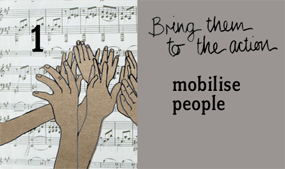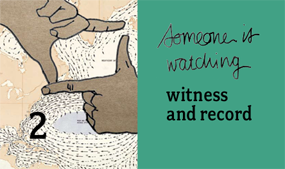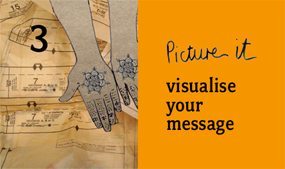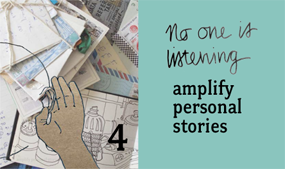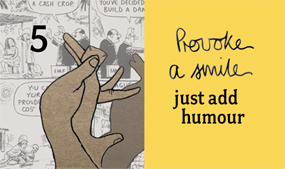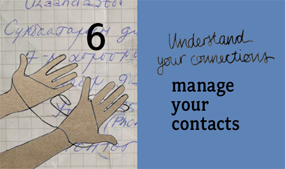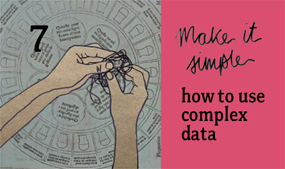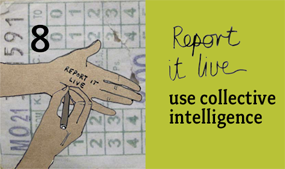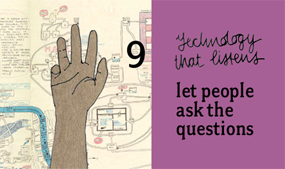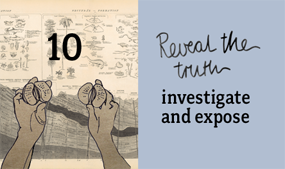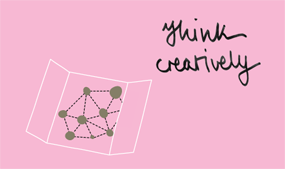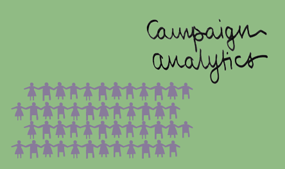This was something the staff of the Belarusian Human Rights House in Vilnius, Lithuania had not expected last Friday night: 60 young Belarusians, from a generation usually said to be indifferent to issues of social change, flooded their rooms for a screening of the film 10 tactics for turning information into action.
The screening, which was coordinated by the youth initative VOKA, also provided a good opportunity to raise people’s interest in a range of exciting events which will take place in and around Belarus in the near future, such as barcamps, schools for citizen journalism and international new media forums—word of mouth is all the more important in Belarus as economical and political restraints limit the outreach of advertising campaigns for grassroots events.

The discussion which followed the screening revealed that the film had been received very positively. Aleś, a well-known human rights defender, remarked that Belarusian rights activists were already successfully employing a number of info-activist tactics, but that “10 tactics” nevertheless provided a whole new range of inspiring ideas. Siarhiej, an activist from the Association of Young Gays, recounted how actions he had organised over social networks convinced traditional media to report on discriminations against homosexuals, a topic formerly shunned even by independent journalists. On the other hand, he reminded the audience of the fact that not all kinds of info–activism were necessarily progressive: “We know that our opponents are using the same techniques.”

The novel approach of “10 tactics” left some of the participants surprised: Why did the makers of the film choose to talk about tactics rather than proposing concrete technologies? A panelist who had been at the first info-activism camp organised by the Tactical Tech, used this opportunity to highlight the value of abstraction and reflection when it comes to choosing suitable technologies. The best technology is useless in the absence of sustainable long-term strategies and processes, which are not necessarily of a digital nature. The way so-called “dialogues” on the New Tactics for Human Rights website are organised was cited as another positive example on how to encourage in–depth online discussions on how to choose the right tools and tactics for your needs.
Finally, one participant raised the inevitable question of whether “info-activism” was political and thus a very touchy subject in the Belarusian context. The organisers stressed that they regarded info-activism not as political activity, but rather as a way of empowering individuals to take responsibility for their own environment, to improve living conditions in a bottom up way without having to rely on higher-level politics, be it pro or anti-government. It seems that this kind of argument caught on with the young audience and it was supported by two of the underlying messages of “10 tactics”: That commitment to social change is not a lonely struggle, but an activity held in high regard all over the globe; and that there is no reason why civil activism, packaged into an attractive but fitting design, shouldn't become both popular and "chic".
Story written by: Tobias Weihmann
Images by Moladz.org, Top: A packed room for the 10 tactics screening. Bottom: Tobias Weihmann introduces the film




